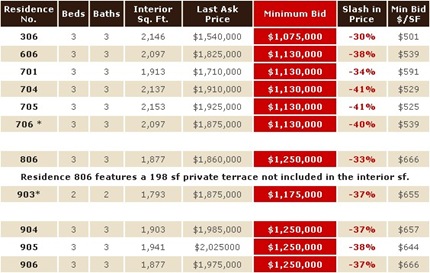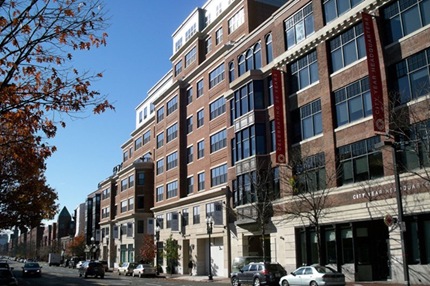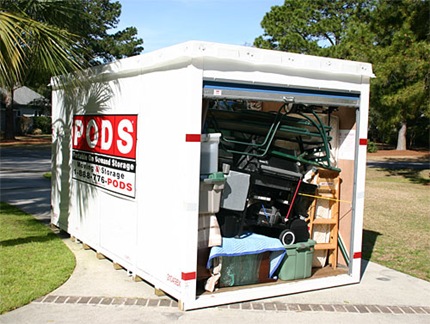Fannie Mae is the Federal National Mortgage Association, originally a government-owned corporation, and now a private corporation. Its purpose has always been to expand the United States’ secondary mortgage market by securitizing selected mortgages.
In 1938, in response to the Great Depression encompassing the entire country, US President Franklin Delano Roosevelt and the US Congress created Fannie Mae in order to make available federal money to local banks for the financing of home mortgages. The goal was to increase both home ownership in the US and the supply of affordable housing. Fannie Mae buys bank mortgages, in essence creating a liquid secondary market for mortgages. Loan originators can then originate more loans.
In 1954, an amendment to the Federal National Mortgage Association Charter Act turned Fannie Mae into a mixed-ownership corporation which meant that private individuals could own common stock of Fannie Mae. The federal government retained the preferred stock.
in 1968, Fannie Mae was completely converted into a private corporation so that Fannie Mae funds would no longer appear in the federal budget. Fannie Mae was split in two entities, one still called the Federal National Mortgage Association (or Fannie Mae), while the other was called the Government National Mortgage Association, or Ginnie Mae. Ginnie Mae remained a government organization, buying and supporting insured mortgages of the Veterans Administration and Farmers Home Administration, with the complete financial backing of the US government.
In 1970, the federal government gave authorization to Fannie Mae to allow the corporation to buy private mortgages not insured by the federal government. At the same time, the federal government created the Federal Home Loan Mortgage Corporation, called Freddie Mac, as competition with Fannie Mae, in order to build a more efficient and robust secondary mortgage market.
The way in which Fannie Mae works is that the corporation buys mortgages from approved mortgage sellers. Fannie Mae’s form of payment can be either cash, or a mortgage-backed security that promises timely payments of principal and interest. The recipient of that security can keep it, or sell it.
Fannie Mae can also securitize mortgages out of its own portfolio and sell the result to buyers, with the same guarantees of timely payment of principal and interest.
By paying for these mortgages, Fannie Mae gives financial institutions new money with which to originate new loans. Credit and housing markets in the US thereby become more liquid and more flexible, allowing the markets to deal with new financial and business situations more easily.
Fannie Mae sets guidelines for loans that will be accepted by Fannie Mae for purchase — such loans are called “conforming”, while loans that don’t meet the Fannie Mae guidelines are “nonconforming” .
Fannie Mae gets no direct government backing or funding. Securities issued by Fannie Mae have no government guarantee of ever being repaid. Fannie Mae certificates are not an obligation or debt of any part of the United States government. Fannie Mae is the sole issuer of Fannie Mae securities, and is the only guarantor of the certificates, and of payment of principal and interest.














